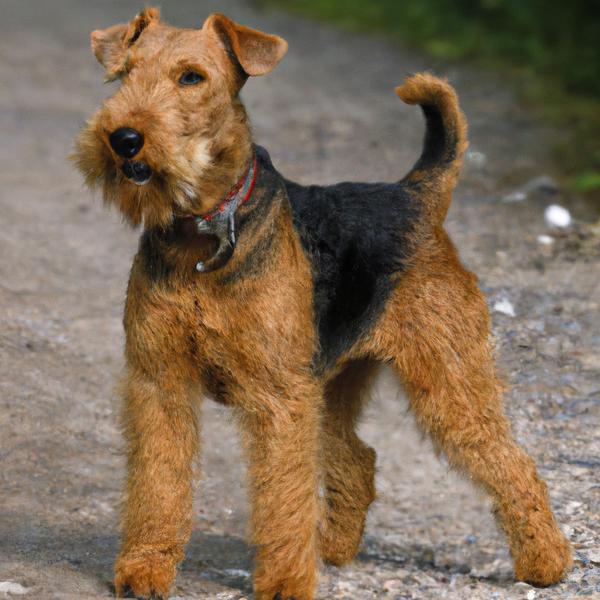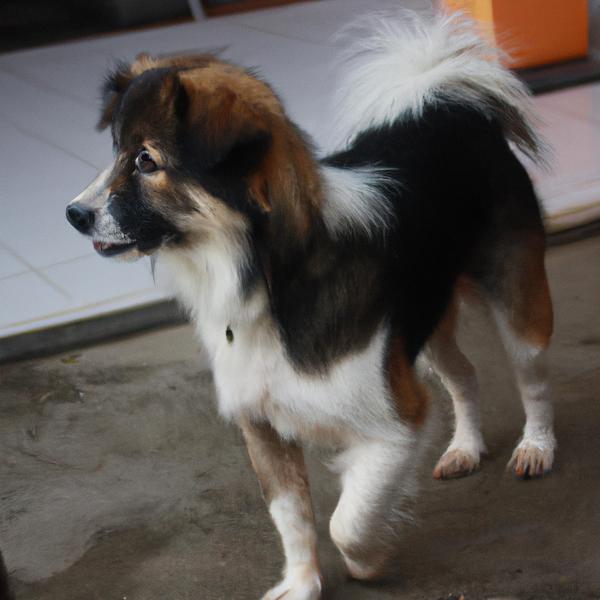Welsh Terrier vs. Poolky: Breed Differences and Similarities
Hypoallergenic
Are Welsh Terriers or Poolkys hypoallergenic, or neither?
Both Welsh Terrier and Poolky are hypoallergenic dogs, which make them ideal pets for people who are allergic to pets. Although no dogs are completely hypoallergenic, these breeds come very close and are great choices for those who suffer from pet allergies.
Temperament
What are the personalities of Welsh Terrier and Poolky dogs?
Alert
Intelligent
Independent
Friendly
Spirited
Loving
Active
Alert
Intelligent
Friendly
Responsive
Quick
Joyful
Inquisitive
Trainable
Faithful
Instinctual
Shedding Level
Do Welsh Terriers shed more than Poolkys, or which breed sheds more, Welsh Terriers or Poolkys?
Welsh Terrier or Poolky will shed a negligible amount of hair. Some owners say that they do not shed, but that is not true. But the amount of shedding can be rather light than other dog breeds. If you do not want to deal with the hairs flying around in your home, then this breed is a perfect choice for you.
Watchdog Ability
Which dog breed makes a better watchdog, the Welsh Terrier or Poolky?
Welsh Terriers are decent watchdogs - they'll alert their owner if something seems amiss.
Poolkys aren't great guard dogs; they tend to just watch without taking action.
Origin
What is the origin of Welsh Terrier and Poolky dog breeds?
Wales
United States
Ancestry
What are the origins of Welsh Terrier and Poolky breeds?
old english black and tan terrier
Poodle and Silky Terrier
Breed recognition
Which kennel clubs recognize/register Welsh Terrier and Poolky?
American Canine Registry
American Kennel Club
America's Pet Registry
Canadian Kennel Club
Dog Registry of America Inc.
Federation Cynologique Internationale
Kennel Club of Great Britain
North American Purebred Registry, Inc.
American Canine Association, Inc.
Continental Kennel Club
National Kennel Club
New Zealand Kennel Club
United Kennel Club
ACHC = American Canine Hybrid Club
DBR = Designer Breed Registry
DDKC = Designer Dogs Kennel Club
DRA = Dog Registry of America, Inc.
IDCR = International Designer Canine Registry®
Date of Birth
When were Welsh Terrier and Poolky breeds first developed?
1700s
Unknown
Eye Color Possibilites
What are the eye colors of Welsh Terrier and Poolky dogs?
Brown
Brown
Nose Color Possibilites
What are the natural nose colors of Welsh Terrier and Poolky?
Black
Black
Coat Color Possibilites
What are the natural colors of the coat for Welsh Terrier and Poolky breeds?
Black
Brown
Black
Brown
White
Sable
Silver
Fawn
Coat Length
What is the typical coat length for Welsh Terrier and Poolky breeds?
Welsh Terriers have medium-length coats.
Poolkys have coats that can be either short or medium in length.
Coat Density
What is the density of the coat of Welsh Terrier and Poolky?
Coat Texture
What is the hair texture of Welsh Terrier and Poolky?
Wiry
Wavy
Litter Size
What is the usual litter size for Welsh Terrier and Poolky?
A Welsh Terrier can have a litter of 10-14 puppies on average. However, it's worth noting that the size of the litters can vary greatly. Factors that can influence litter size include the health of the mother, breeding history, and genetics.
A Poolky can have a litter of 3-5 puppies on average. However, it's worth noting that the size of the litters can vary greatly. Factors that can influence litter size include the health of the mother, breeding history, and genetics.
Adaptability
Welsh Terriers are highly adaptable and versatile, making them excellent companions for families and individuals of all lifestyles.
Poolkys are known for their adaptability and can adjust well to different environments and lifestyle changes.
Health Issues
Between Welsh Terrier and Poolky, which breed is more prone to health problems?
Welsh Terriers are susceptible to health issues like all breeds, so it's important to monitor their health and seek veterinary care when needed.
While the Poolky breed is generally healthy, occasional vet check-ups are still necessary to address any health concerns.
Major Concerns
What are the major health concerns for Welsh Terrier and Poolky breeds?
Usually A Very Healthy Breed
Hip Dysplasia
Mitral Valve Disease
Periodontal Disease
Minor Concerns
What minor health issues should be kept in mind when owning Welsh Terrier and Poolky?
Cataracts
Glaucoma
Epilepsy
Lens Luxation
Keratoconjunctivitis Sicca
Patellar Luxation
Cataracts
Von Willebrand's Disease
Progressive Retinal Atrophy (PRA)
Occasional Tests
What occasional tests are recommended for Welsh Terrier and Poolky breeds?
Eye
Blood Test
Heart
Eye Examination
Physical Examination
Eye Examination
Radiographs
Blood Sugar and Thyroid Tests
Complete Physical Examination
Energy
How do the energy levels of Welsh Terriers and Poolkys compare?
Welsh Terriers thrive on an active lifestyle due to their high-energy nature.
Poolkys' high energy levels make them unsuitable for a low-key dog, choose accordingly.
Social Needs
Welsh Terrier vs Poolky social needs comparison
Welsh Terrier has average social needs and is less independent than other breeds.
Poolky has very high social needs and requires regular mental and physical stimulation, a job or purpose, and companionship.
Exercise Needed
Welsh Terrier vs Poolky exercise need comparison.
Welsh Terriers require significant physical activity and suit those with an active lifestyle.
Poolkys need only a small amount of physical activity, ideal for busy or elderly people or those with limited space.
Sleeping Need
Which of the two sleeps the most/least: Welsh Terrier or Poolky?
Welsh Terriers are active and require sufficient sleep to stay healthy.
Poolkys have moderate energy levels and typical sleep patterns of 12-14 hours per day.
Tendency to Bark
Do Welsh Terriers or Poolkys bark more/less frequently?
Welsh Terrier dogs bark and howl frequently and are not recommended for quiet homes.
Poolky dogs are generally less vocal than other breeds and only bark when necessary, such as to alert their owner or communicate.
Mouthiness
Mouthiness Comparison: Welsh Terrier vs Poolky?
Roaming urge
Welsh Terrier vs Labrador: Running away tendency?
Prey Drive
Welsh Terrier or Poolky - which breed has a higher level of prey drive?
Past times
What are some enjoyable activities and ways to keep Welsh Terrier and Poolky entertained?
Walks in the pa
Walk, Fooling around, Humping
Activity Level
Which breed has higher energy, Welsh Terriers or Poolkys?
Both Welsh Terrier and Poolky are medium-energy dogs that enjoy socializing and playing with other dogs. They may engage in casual or sustained games of chase, and occasionally have bursts of barking or racing around the house.
Tolerance of being left alone
Walks per Week
How many miles should Welsh Terrier or Poolky walk each week?
Welsh Terrier and Poolky generally need a minimum of 7 miles of walking per week, but it can be increased as long as they are comfortable with it.
Activity per Day
Do Welsh Terriers or Poolkys require more exercise?
Both Welsh Terrier and Poolky typically require a minimum of 30 minutes of exercise each day. The exercise can be spread throughout the day and may involve high-energy activities like walking, running, and playing.
Grooming
Which breed is easier to maintain in terms of grooming, Welsh Terriers or Poolkys?
Welsh Terriers require significant grooming, including regular trims and professional grooming assistance to maintain their coat. They may also require frequent bathing to keep their coat and skin healthy.
Poolkys have high grooming needs, requiring regular trims and professional grooming assistance to keep their coat healthy.
Brushing Frequency
What is the recommended brushing frequency for Welsh Terrier and Poolky dogs?
Welsh Terrier and Poolky should be brushed at least once a week. Of course, you can give them more frequent brushes if you find that they are still shedding a lot.
Brushing Tools
What brushing tools are used for Welsh Terriers and Poolkys?
Slicker Brush
Comb
Deshedder
Nail Clipper
Pin Brush
Comb
Clipper
Nail Clipper
Cups
How much food should be given to Welsh Terrier or Poolky in cups?
For an average 17-22 pound (8 - 10 kg) Welsh Terrier feed 1.8 cups daily. But, keep in mind, the amount you feed is going to be dependent on the quality of the food you are feeding.
For an average 8-20 pound (4 - 9 kg) Poolky feed 0.7 cups daily. But, keep in mind, the amount you feed is going to be dependent on the quality of the food you are feeding.
Daily Cost
Which breed has a higher daily cost, Welsh Terrier or Poolky?
The average cost of a Welsh Terrier is somewhere $1.70 - $2.00 per day.
The average cost of a Poolky is somewhere $1.40 - $1.70 per day.
Monthly Cost
Which breed has a higher monthly cost, Welsh Terrier or Poolky?
The average per month expenses of a Welsh Terrier is between $48 - $63. This makes an average of $576 - $756 per year. It will be on the higher side when the dog is still small because it will need more frequent visits to the vet, shots.
The average per month expenses of a Poolky is between $35 - $42. This makes an average of $420 - $504 per year. It will be on the higher side when the dog is still small because it will need more frequent visits to the vet, shots.
Intelligence
Comparing Intelligence: Welsh Terriers vs Poolkys
Welsh Terriers are average in obedience intelligence but have a high IQ and may cause trouble if left unsupervised.
Poolky is a very intelligent and trainable breed.
Sensitivity Level
How do Welsh Terrier and Poolky compare in sensitivity?
Welsh Terriers have average emotions and adapt well to different situations.
This breed is sensitive and requires gentle handling and a calm home environment.
Affection Dependance
Which is the more affectionate dog breed: Welsh Terrier vs Poolky?
Apartment Friendly
Which breed is more apartment-friendly: Welsh Terrier or Poolky?
The Welsh Terrier is a great apartment dog, thriving with sufficient exercise and time outside as part of their daily routine.
Poolkys make excellent apartment dogs, being fairly active indoors and not requiring a yard.
Child Friendly
Do Welsh Terriers or Poolkys have a friendlier temperament towards children?
Welsh Terriers are good with kids if socialized and trained from a young age.
Poolkys make excellent family pets for kids due to their gentle, protective nature and calm temperament.
Senior-friendly
Which dog is more suitable as a pet for the elderly - Welsh Terrier or Poolky?
Cat Friendly
Do Welsh Terrier or Poolky breeds have a better compatibility with cats?
Welsh Terriers are not cat friendly.
Poolkys are good with cats, but early training is needed to prevent chasing behavior.
Dog Friendly
Which breed is more sociable with other dogs: Welsh Terrier or Poolky?
Welsh Terriers are less friendly towards other dogs, but can improve with socialization.
Poolkys are average in their friendliness towards other dogs, and socialization can help.
Pet friendly
How do Welsh Terrier or Poolky dogs interact with other pets?
Stranger Friendly
Which breed is more friendly with strangers: Welsh Terrier or Poolky?
Welsh Terriers are averagely friendly around strangers but benefit from early socialisation.
Poolkys are friendly but may bark at strangers, and training is easy due to their intelligence.
Playfulness
Which breed is more playful between Welsh Terrier and Poolky?
Welsh Terrier and Poolky are playful dogs. So, no matter how busy the day may get, the best thing you can do for Welsh Terrier and Poolky is to make time each day to play. It can be as little as 15-20 minutes, and it will mean the world to them.
Trainability
How do the trainability levels of Welsh Terriers and Poolkys compare?
Welsh Terrier and Poolky dogs are known for their ease of training and ability to learn quickly, making them a popular choice for pet owners and trainers alike.
Compare Welsh Terrier with other breeds
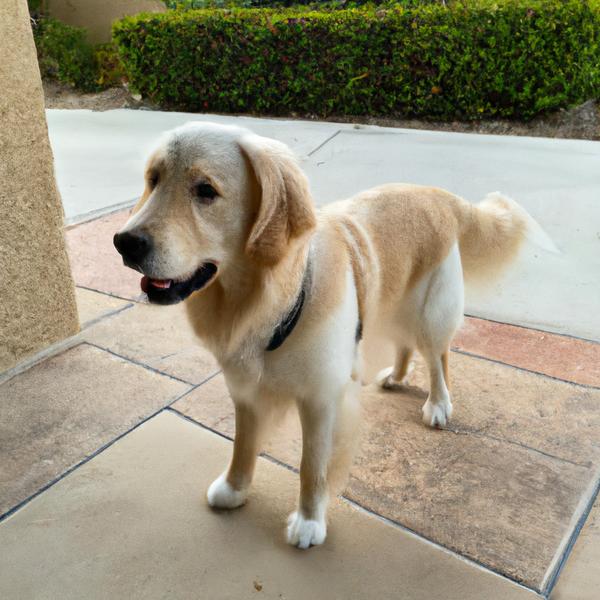
Petite Golden Retriever
Welsh Terrier vs Petite Golden Retriever
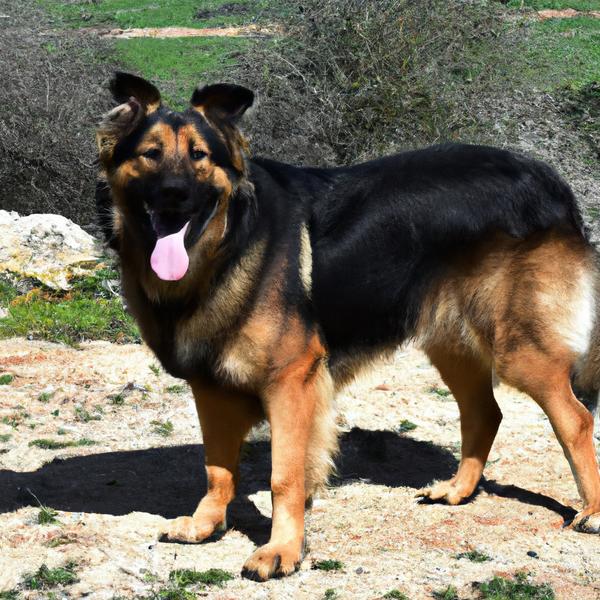
Saint Shepherd
Welsh Terrier vs Saint Shepherd
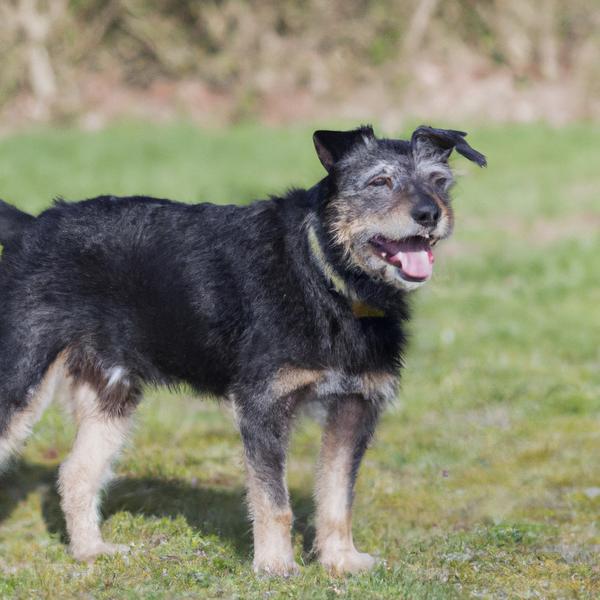
Brusston
Welsh Terrier vs Brusston
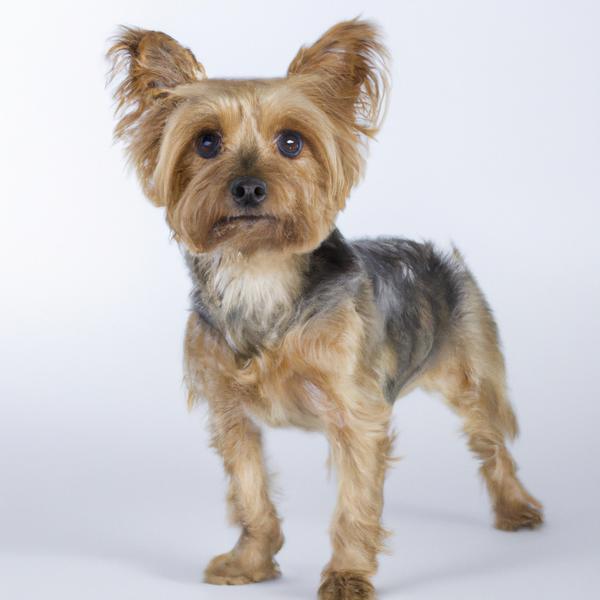
Torkie
Welsh Terrier vs Torkie
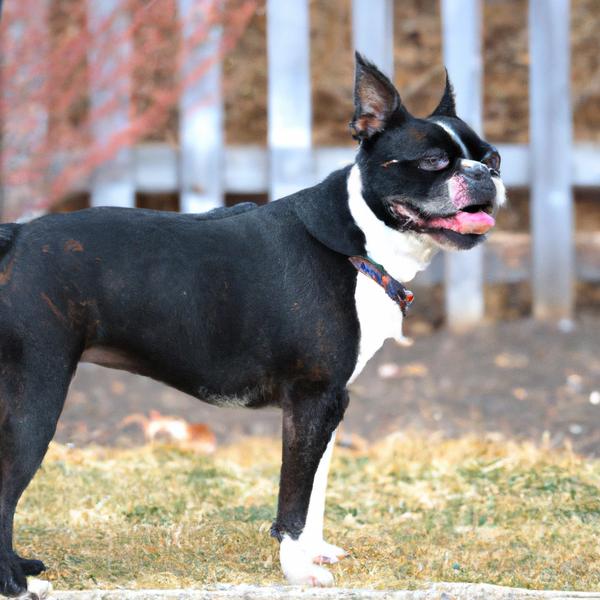
Bostie
Welsh Terrier vs Bostie
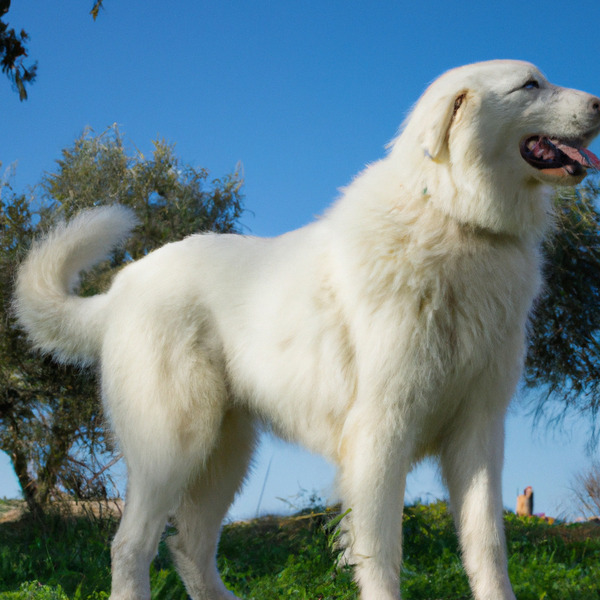
Maremma Sheepdog
Welsh Terrier vs Maremma Sheepdog
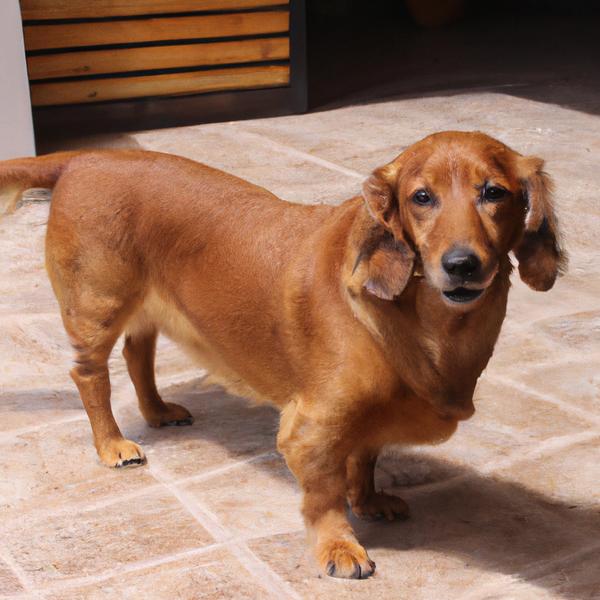
Golden Dox
Welsh Terrier vs Golden Dox
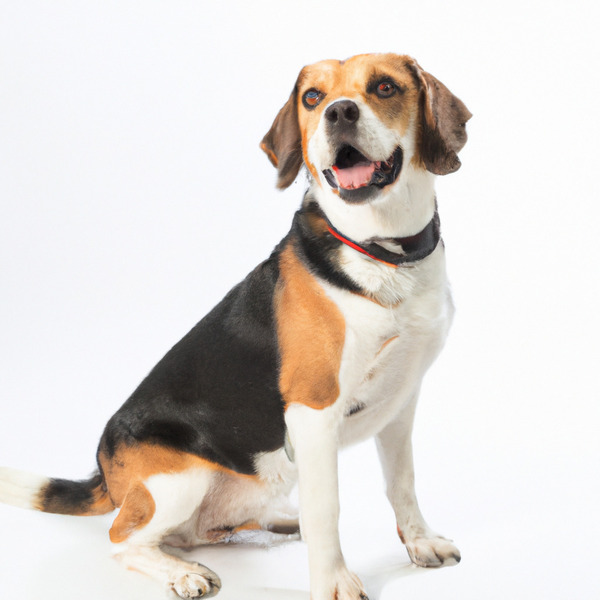
Beaglier
Welsh Terrier vs Beaglier
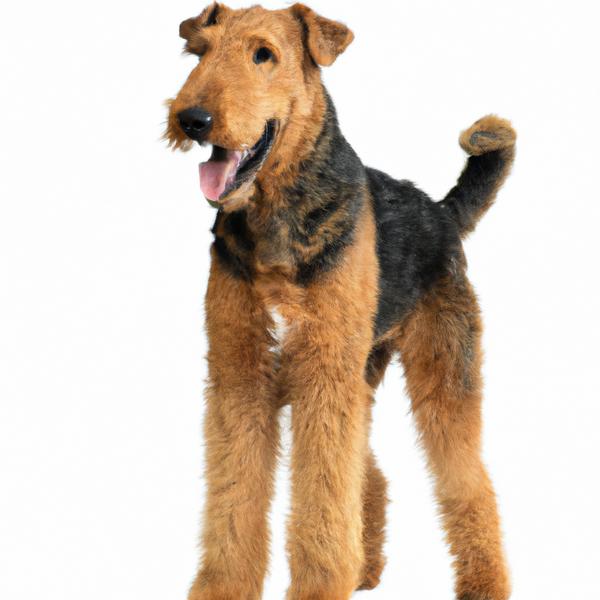
Airedale Shepherd
Welsh Terrier vs Airedale Shepherd
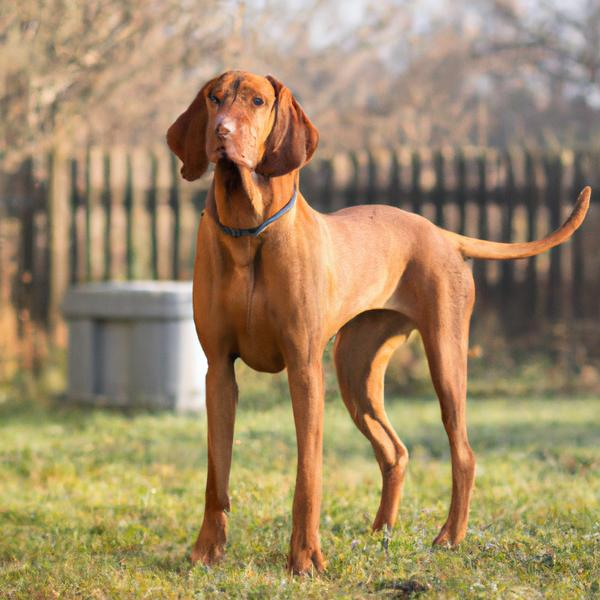
Transylvizsla Hound
Welsh Terrier vs Transylvizsla Hound
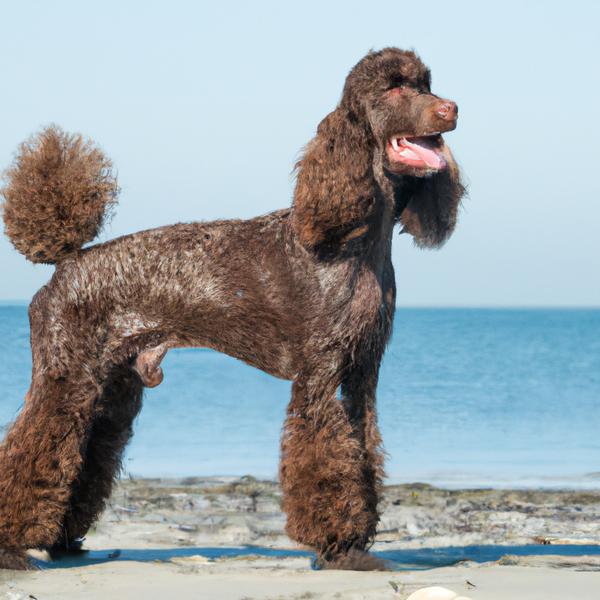
Irish Water Spaniel
Welsh Terrier vs Irish Water Spaniel
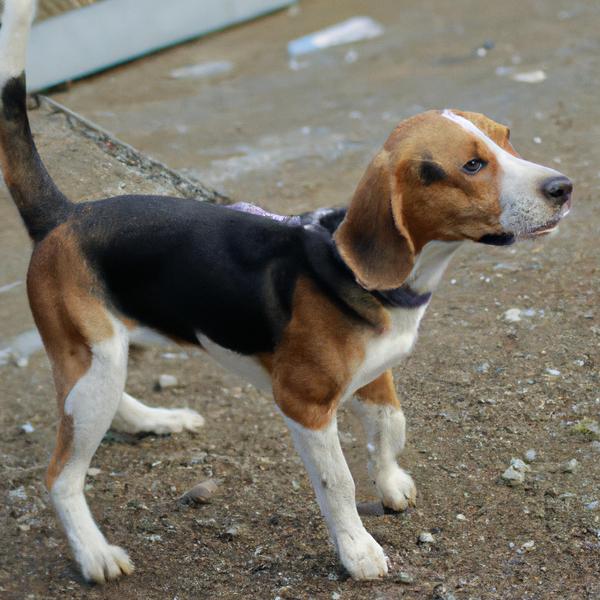
Wire Fox Beagle
Welsh Terrier vs Wire Fox Beagle
